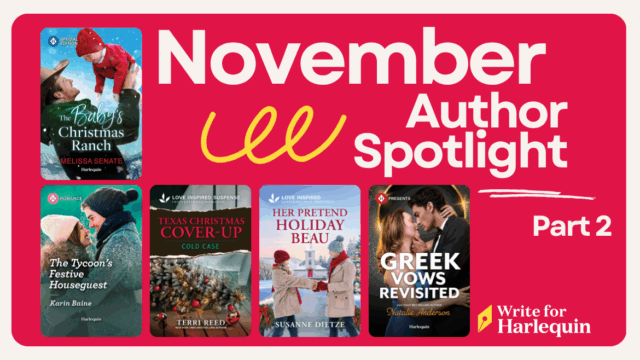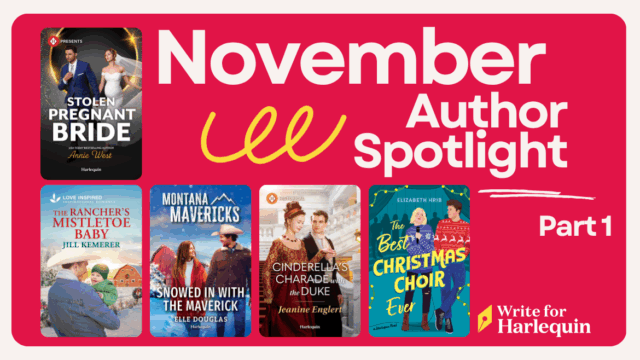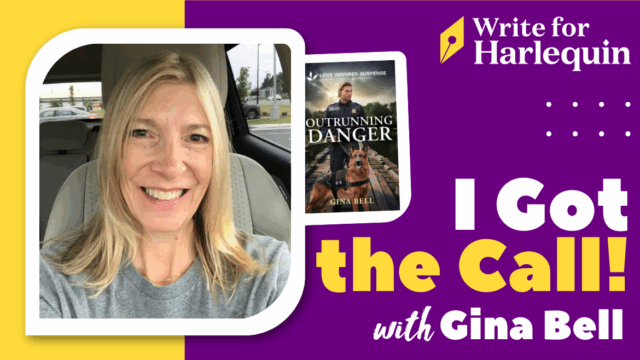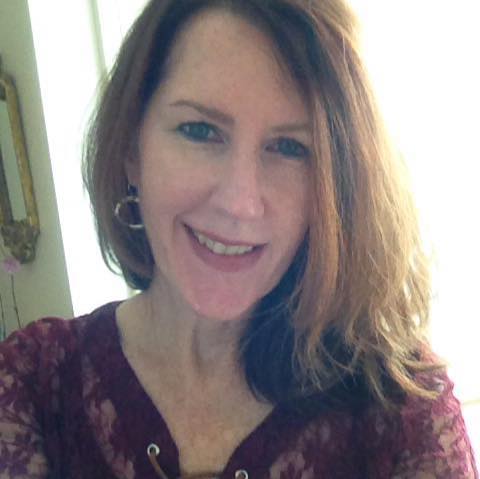
by Deirdre McCluskey, Administrative Coordinator, Harlequin Series
 Romance readers, writers and editors have been talking a lot lately about power dynamics in romance fiction in the age of #MeToo. Authors want to create a world of fantasy and escape, while depicting romantic relationships that are healthy, equitable and aspirational.
Romance readers, writers and editors have been talking a lot lately about power dynamics in romance fiction in the age of #MeToo. Authors want to create a world of fantasy and escape, while depicting romantic relationships that are healthy, equitable and aspirational.
In a recent article in the Boston Globe, authors discussed how they’re making consent explicit in their romance novels (the presence of a yes, not just the absence of a no) and reexamining the implications of favourite romance tropes and characters (a romantic hero pursuing the heroine when she’s already made her disinterest clear, for example.)
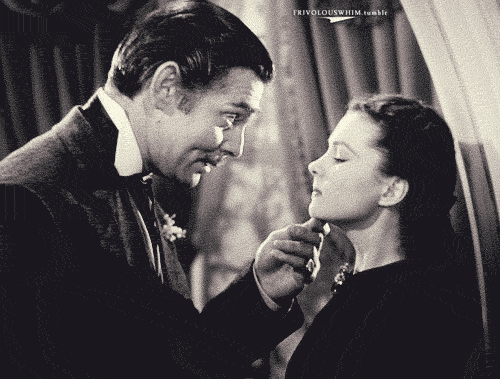
If this is a topic you’ve been thinking about, but aren’t sure how to apply to your writing, here are some questions to ask as you’re self-editing:
1 ∼
Are your characters well-developed and strongly motivated?
Thinking deeply about your characters’ motivations will help ensure they are fully fleshed out and relatable to your readers, and the dynamics between them handled sensitively and realistically.
2 ∼
Is there a power imbalance built into your chosen theme or romance trope?
Many tropes create natural conflict but may put the hero in a position of power. Some examples of this might be: amnesia, boss/employee, billionaire or royal hero, or law enforcement. We love these tropes best when the hero and heroine respect each other, and one character isn’t using their power to control or influence the other.
3 ∼
What are the limitations of the point of view in your scene?
A writer can become so close to the thoughts and feelings of her characters that she forgets the other characters can’t read minds. Your heroine’s desire and consent might be clear to you, and to the reader, but is it clear to the hero too?
4 ∼
Have you read your scene aloud or acted it out?
You can do this on your own or with a critique partner, and it’s a great way to make sure the words and actions of your characters are realistic and relatable. Does your hero’s behavior seem sexy and romantic or overbearing and obnoxious? What if you were the heroine in this situation? Or your daughter, best friend, or sister?
5 ∼
What does your word choice say about the characters and their actions?
Does your hero “loom” over the heroine? Is his tone “threatening”? Has he “claimed” the heroine’s lips? These may be words you’ve absorbed uncritically from other novels, but there’s more than one reason to avoid clichés in your writing! Do you want to convey strength and confidence or intimidation and a desire to dominate? What’s the difference?
There’s no one way to write romance, and there are no hard and fast rules that apply to every story. Rather we encourage you to look at your work with a critical eye in order to make your work stronger—your characters more developed, your scenes more dynamic, your writing fresher and your stories more relatable.
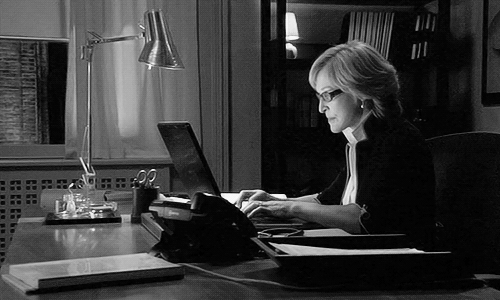
What conversations have you been having about #MeToo and power dynamics with your critique partners and other writers? Let us know in the comments!


